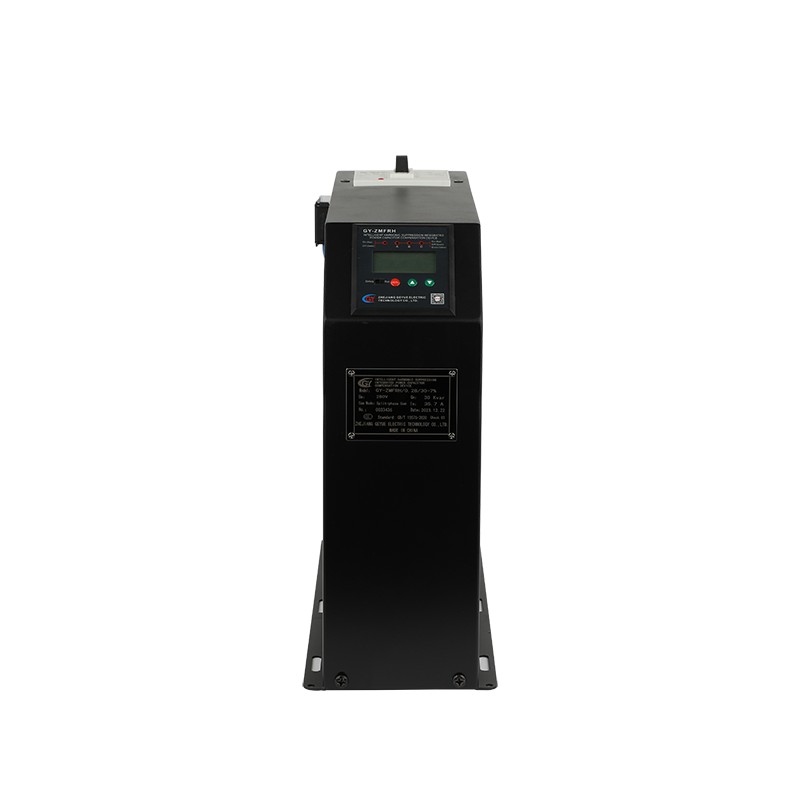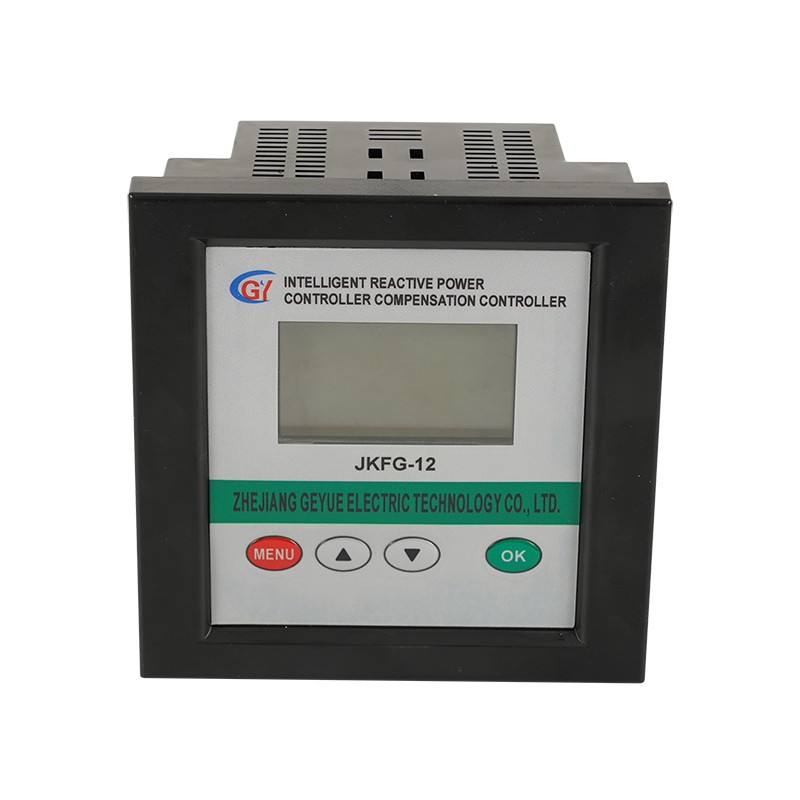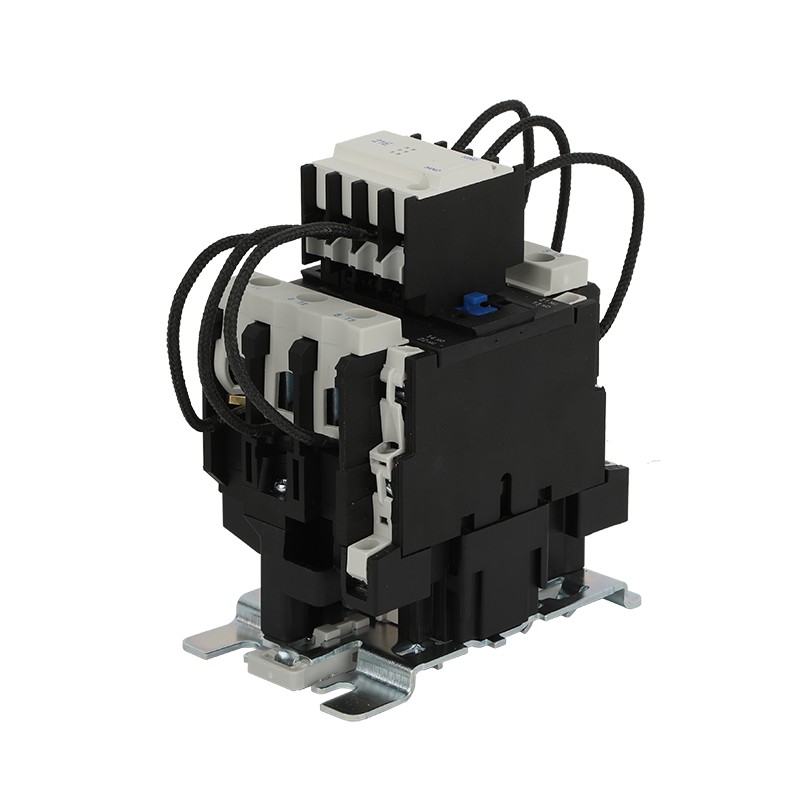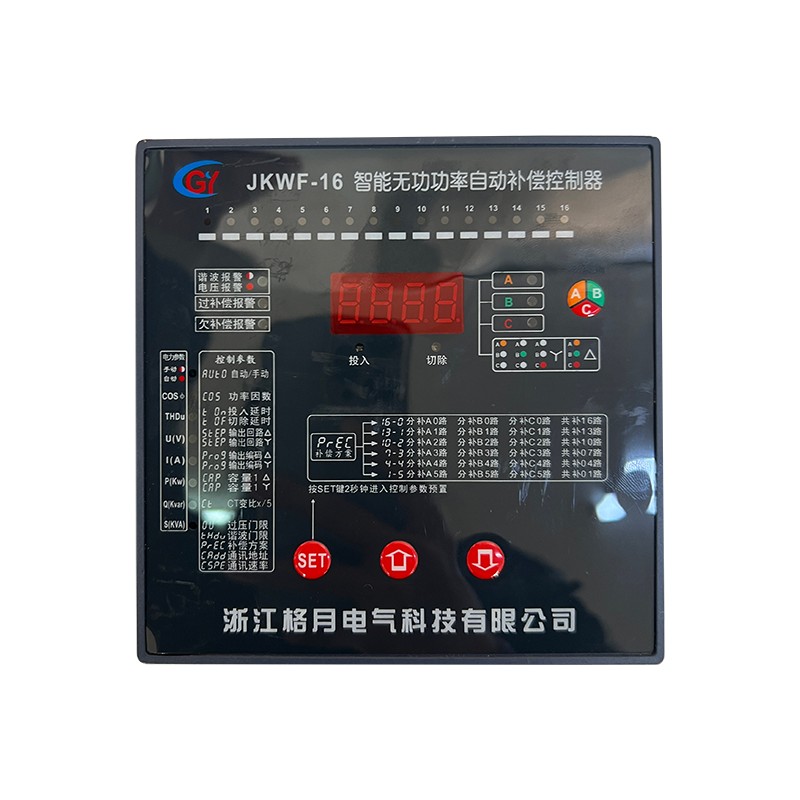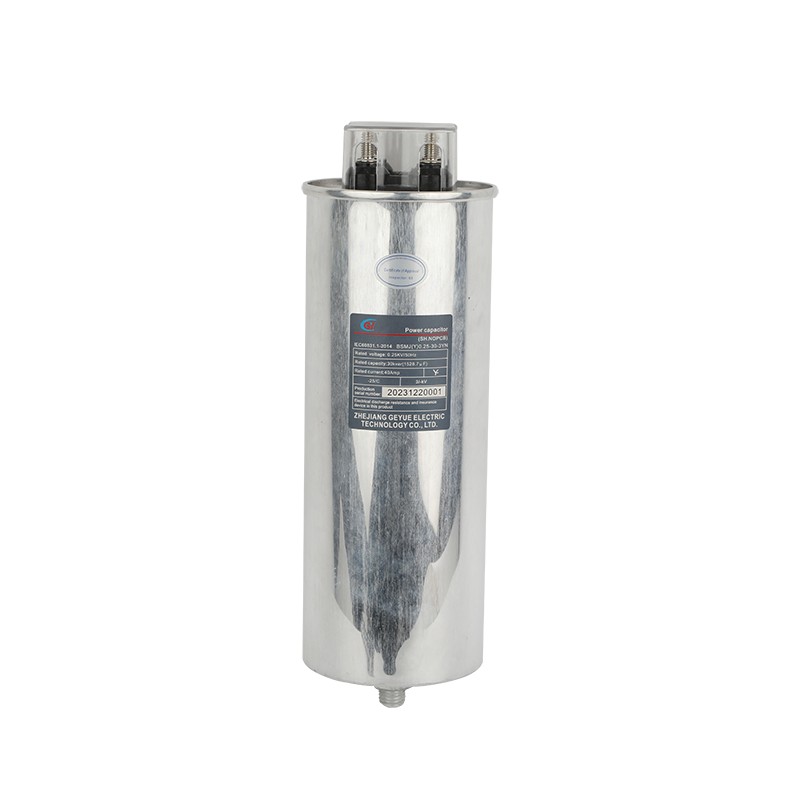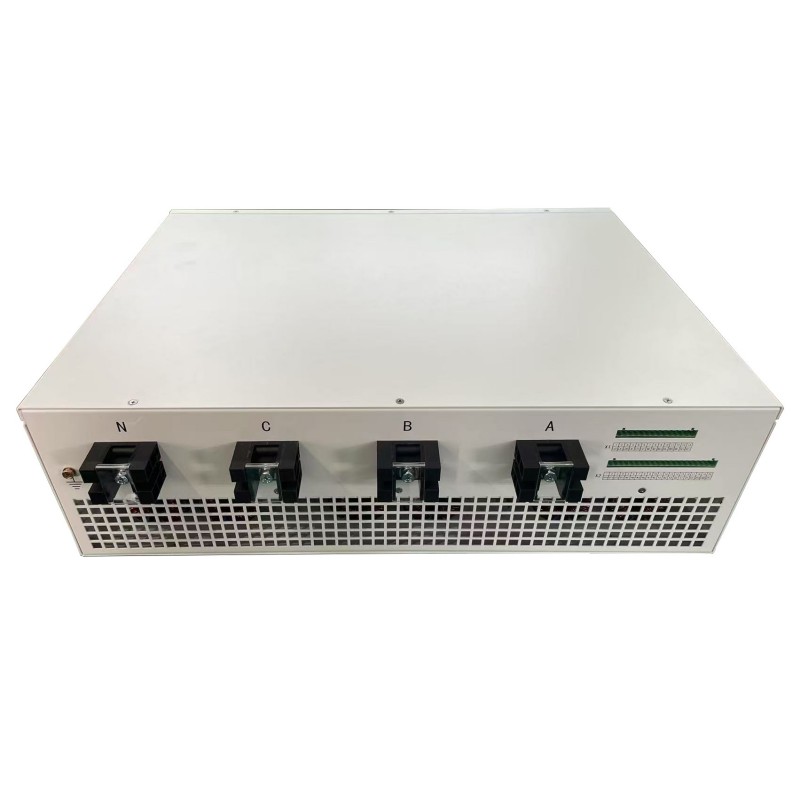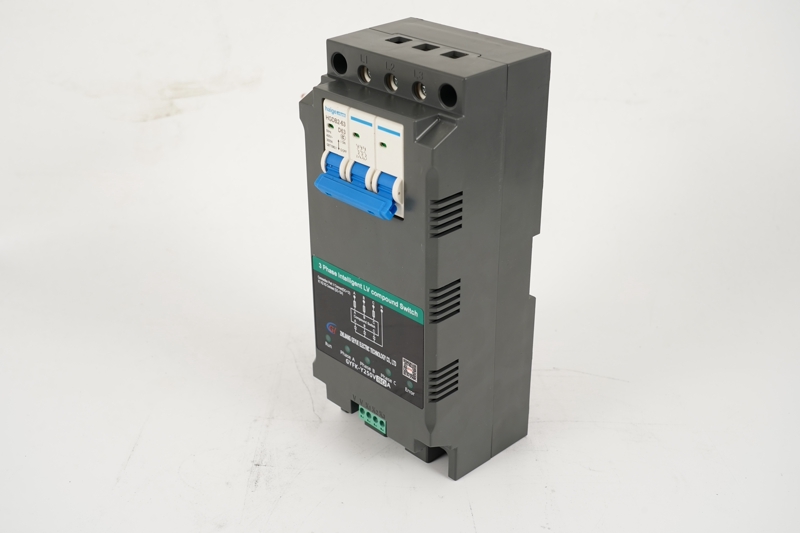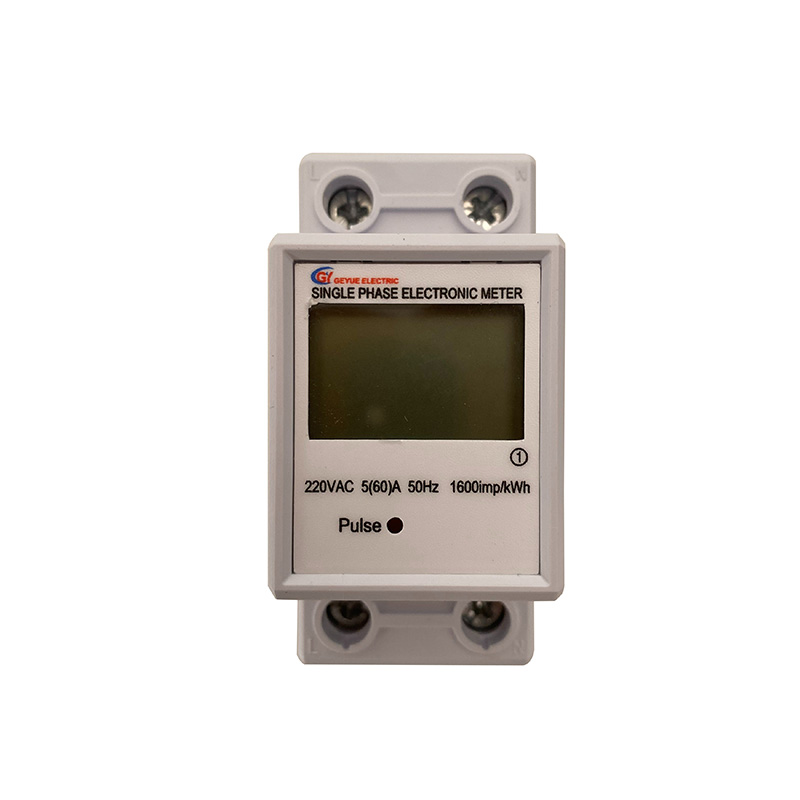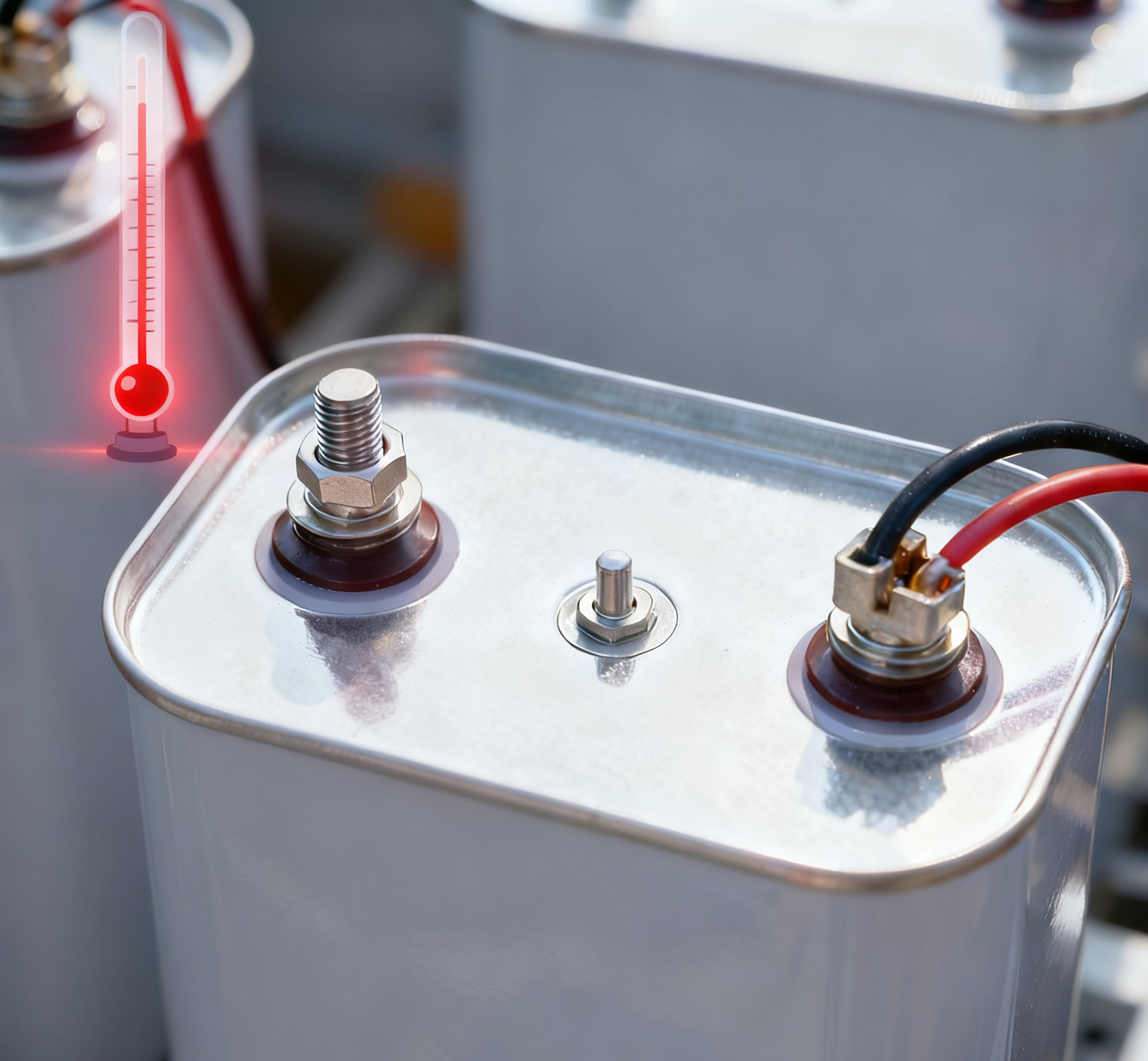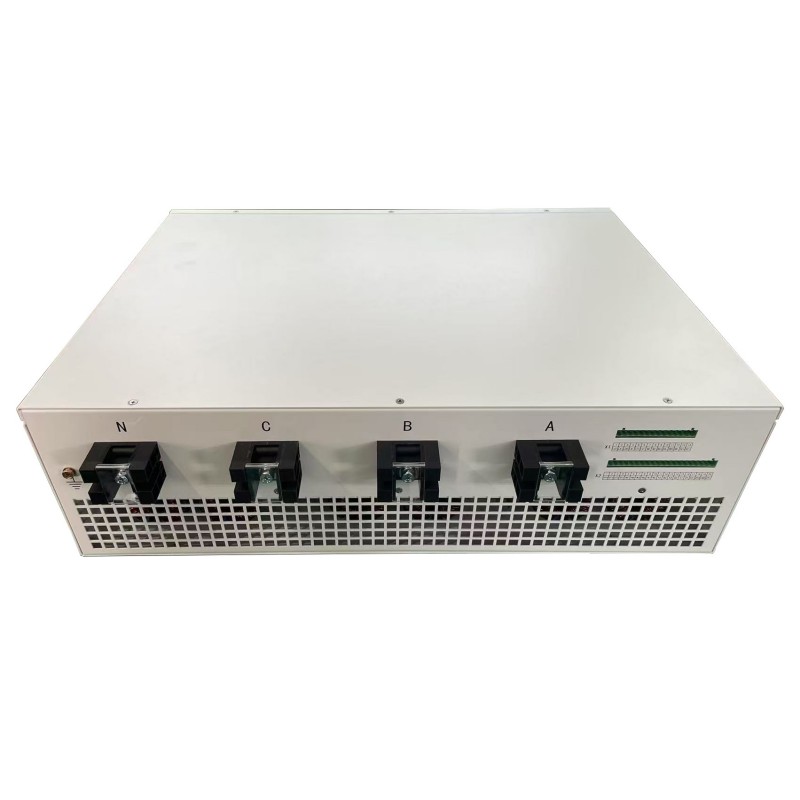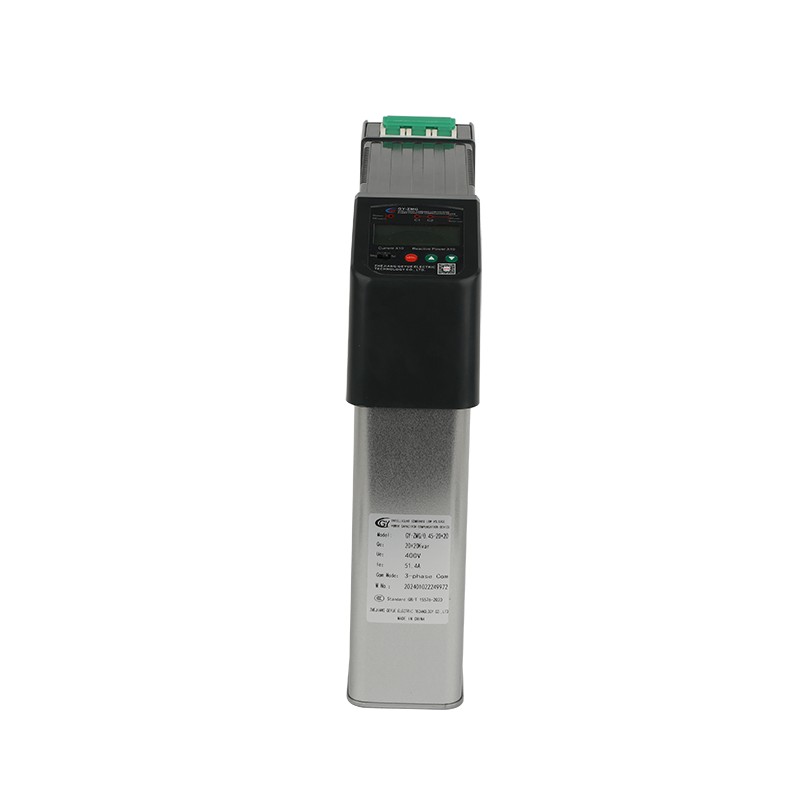How To Create An Intelligent Factory With 99.97% Direct Connection Rate?
Preface
For years, our team at Geyue Electric witnessed the power capacitor manufacturing industry struggle with pass rates plateauing at 96%-98%. We knew the 3 million annual material waste bill was unacceptable. After three years of focused R&D, we've transformed our production ecosystem. Today, we operate an intelligent factory where 99.97% of our power capacitors meet specifications straight off the line. This revolution stems from three core breakthroughs we engineered: our 0.3 Newton film tension control system that eliminates material variability, 316-point real-time impregnation monitoring ensuring 99.5% saturation, and a 1428-sensor quality network enabling millisecond interventions. These systems collectively reduced our rework rate from 1.8% to 0.03%, cut per-unit manufacturing costs by 21%, and now save us 2.5 million annually in quality losses.
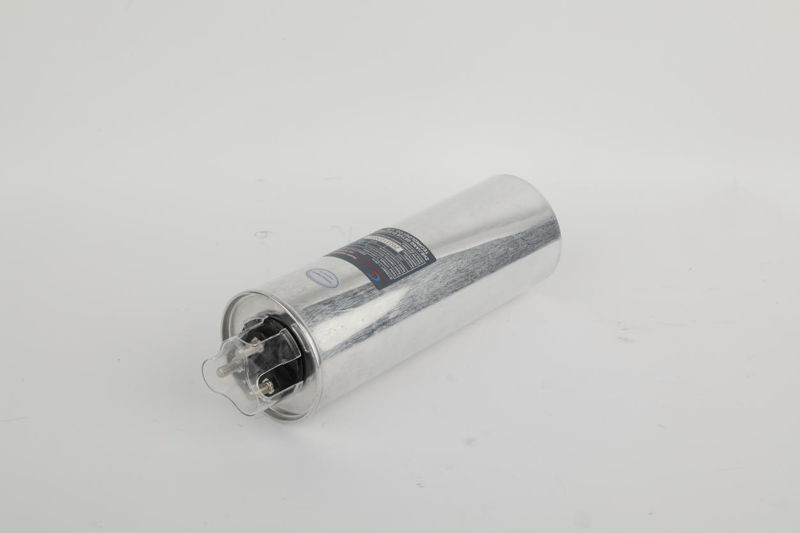
Intelligent Manufacturing Base Fully Put Into Production
When we launched our intelligent production hub, we reimagined every aspect of power capacitor fabrication. Our automated winding systems now handle polypropylene films under precisely maintained 25±0.5°C conditions, while servo mechanisms maintain tension within 0.3 Newton variance. This stability allows us to produce 8,000 self-healing power capacitors daily with unprecedented consistency. Twelve autonomous logistics robots orchestrate material flow, eliminating human handling errors. We've validated our 99.97% first-pass yield through automotive-grade IATF 16949 certification - a testament to the batch-to-batch reliability of our power capacitors.
Equipment Precision Improvement Plan
The production line is equipped with a high-precision linear motor system to control the error between the winding layers of the capacitor core to no more than 3 microns. The vacuum impregnation process adopts a 38-hour step-up process: the initial stage is 60 degrees Celsius environment and 70 kPa negative pressure degassing for 4 hours, followed by 0.3 MPa pressure penetration of the impregnating agent. 316 pressure sensors monitor the penetration status in real time to ensure that the impregnation rate is not less than 99.5%. Through this process improvement, the power capacitor temperature rise index has been reduced from the industry average of 18 degrees Celsius to 7 degrees Celsius.
Closed-loop Data Management For The Entire Process
We've woven 1,428 sensors throughout our production lines, creating a living digital twin of our manufacturing process. Laser micrometers take 500 thickness readings per second during winding, while pressure transducers update vacuum chamber conditions every 10 milliseconds. Our central AI performs three-tier validation: triggering alerts at 0.5% parameter deviation, cross-validating inter-process data conflicts, and initiating root-cause analysis for batch anomalies. When viscosity spiked 5% in Batch#CT-882, this system traced and contained the issue to a raw material shipment within 19 minutes - preventing what would have been $180,000 in scrap losses.
Total Product Lifecycle Assurance
Establish a three-layer defense system covering the entire product life cycle to ensure stable manufacturing quality from the source. Molecular-level testing is performed on raw materials entering the warehouse to ensure that the uniformity of the polypropylene substrate is not less than 98% of the standard; the pre-maintenance system of production equipment monitors the vibration value of key bearings, reducing the downtime of equipment failure by 92%; 150,000 devices running on the network transmit temperature and current working condition data in real time to build a complete product load spectrum. Plateau special power capacitors use modified epoxy resin materials, the molecular weight is precisely controlled to the standard value of 2200, and silica particles with a diameter of 50 nanometers are added to enhance adaptability to low-temperature environments. The production process implements precise environmental control: the workshop humidity fluctuation is controlled within the range of plus or minus 1%, the temperature gradient of the impregnation agent delivery pipeline is maintained at 0.3 degrees Celsius/meter, and the curing process adopts a three-degree Celsius/minute step temperature control curve. The final product passed the minus 40 degrees Celsius limit test, and the dielectric loss angle was stabilized at a high level of 0.0004. The 3,200 sets of plateau special equipment that have been delivered have achieved zero-failure operation.
Economic Benefits Of Smart Manufacturing
The smart manufacturing system achieves efficient output through a precise cost control model. The construction of a single automated production line costs $6 million, and the daily production capacity of power capacitors reaches 8,000 units. Quality improvement creates three economic benefits: the product repair rate is reduced from 1.8% to 0.03%, achieving an annual quality cost savings of $2.5 million; the logistics loss rate is zeroed, resulting in a cost reduction of 21 yuan per unit; energy consumption optimization measures generate an additional income of 17 yuan per unit. After careful calculation, the smart manufacturing system increases the net income of a single product by $12, and the annualized net income reaches $25 million. The investment return model verifies that the project construction cost recovery period is 26 months. The operation data of the smart factory shows that the proportion of labor costs has dropped from 38% of traditional production to 11%, and the energy consumption per unit of product manufacturing has dropped by 42%.
Technology Evolution and Development Direction
The next generation manufacturing system focuses on promoting three technological innovations: quantum sensing technology improves the accuracy of material defect detection to the atomic level; self-healing algorithms based on 420,000 sets of fault case training realize automatic process optimization; flexible manufacturing platform supports mixed production of twelve types of specifications. At this stage, the core indicators have been strictly certified by the national laboratory system, and the pass rate verification data is archived in the CNAS certification report (No. L16328-2024). The digital twin system under construction has integrated the full parameter model of production equipment, and plans to realize the automatic optimization function of process parameters within the year. The technical specifications of plateau environment products are being upgraded to the draft of the national industry standard, and the response speed target of the intelligent logistics system has been increased to ten seconds. The technical team continues to improve the quality traceability algorithm, aiming to compress the abnormal location time to less than five minutes.
- What Special Designs does the Magnetic Circuit System of the CJ19 Series Contactor Have to Cope with the Greater Electromagnetic Force and Thermal Stress Generated by Frequent Switching?
- Why Is the "Current-Carrying Capacity" of Capacitor Terminals a Critical Specification for Long-Term Reliability?
- Beyond the Product Warranty, What Does a "Lifecycle Support" Partnership with a Manufacturer Like Geyue Electric Entail?
- From One to 1,000: How Did the JKW5C Automatic Power Factor Controller Win Customer Trust?
- Should the Compensation Capacity Configuration Be Larger Rather Than Smaller, or Should It Be Precisely Calculated? Which Strategy Is Better?
- How to Enhance the Overall Reliability of the Compensation System? The Stability of GEYUE CJ19 is a Crucial Link.

